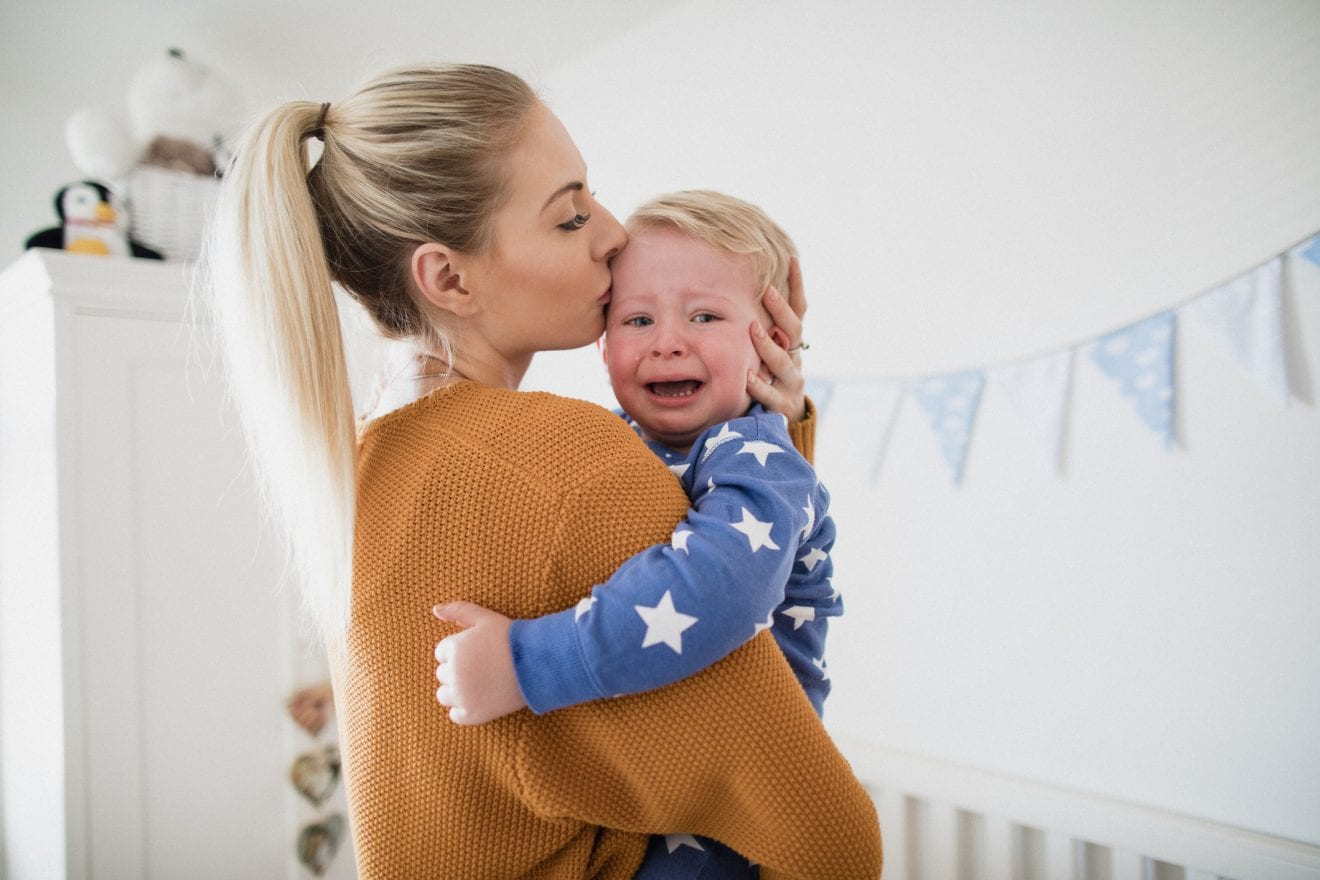When we first get pregnant, we cannot imagine our bundle of joy being anything other than sweet. We spend nine months dreaming of their perfect little face and perfect little demeanor! And those feelings seem to continue until our perfect little angel has their first temper tantrum at 15 months in the middle of Target with a crowd watching. Then we suddenly wonder where we went wrong as parents! And we also wonder, as our tempers rise, how do we get through this without turning into monsters ourselves?
How to Show Love to Your Kids When You’re Angry
Here are my favorite tips to help someone wondering how to show love to your kids even when you’re angry:
1. Expect your children to be immature.
Our expectations can make or break our ability to deal with things. If you expect your toddler to act irrationally and out of control of their emotions, you will not be disappointed when they lose it. But if you expect them to act like a 15-year-old, you will be. So above all things, know that it is normal for them to lose it.
2. Distract when they’re emotionally spent.
As a licensed therapist, I used to think that good parents always addressed the emotional needs behind a meltdown. Then I learned that sometimes there is no reasoning with a toddler who wants a donut in the middle of a zoo. Sometimes, our best bet is to distract their minds instead of reason through the issue. Then, after all is settled down, you can try and address the important things from a meltdown. But on the spot is often not the right time.
3. Keep calm and carry on.
Do you know how a sneeze seems to spread through a room? Well, anger does the same thing. As hard as it may be to show love to your kids when you’re angry, you cannot join in if you want to help your child through their frustration. You can help regulate your child by remaining calm instead of yelling back, which is always a temptation. It’s hard to want to keep yelling when someone looks pretty calm looking back at you.
4. Talk quietly.
Respond in a voice that is firm yet gentle and not loud.1 This makes it so your child has to lower their voice to hear you. And helps you remain calm yourself. Try not to raise your voice the next time you are frustrated. It is hard to continue escalating! This is the same for our children. They don’t want to keep yelling when someone quietly responds to them. So simple. Yet so effective.
5. Spread your calm through touch.
Showing love to our kids when we are angry can be as simple as a calm touch. We can soothe our little ones out of anger through eye contact and touch. Show them you see they are in distress and ask, “Can I hold your hand?” or “Can I hug you?” It’s incredible how an angry child can melt when they feel our calming presence. And it’s so powerful to see how much they need our help regulating their emotions.
6. Be Mindful of Triggers
Sometimes, when dealing with children struggling to contain their emotions, you must pick and choose your battles. If, no matter what you do, your child cries and whines every time you pass the pet store because they want a puppy, then maybe drive a different way to get to the grocery store. Or, if staying up late at a sibling’s baseball game makes your toddler cry for preschool the next day, consider hiring a babysitter to put them to bed on nights when the games go late. Sometimes the best thing we can do is avoid putting our children in a position where they lose it.
7. Talk Through Hard Scenarios and Train
When there are situations you cannot avoid, talk through the situations before. If wanting to go to the toy aisle at Target causes a meltdown, prepare your children for the expectations at the place you are going and tell them what they will and will not be allowed to do.
If there is a reward they can earn for behaving well, let them know about it before you go in. For example, “We are not buying toys at the store today. We will not go to the toy aisle. But mommy has your cars in her purse, and you can play with those when we shop. After we check out, I have a sucker in my purse you will get for being quiet.”
Kids do their best when they know what is expected of them. If they feel there is no expectation, they will set their own. So make sure to be the one in charge. With kindness, of course. 🙂































